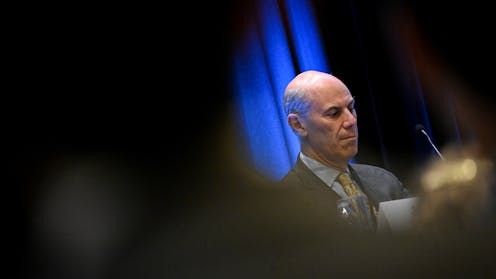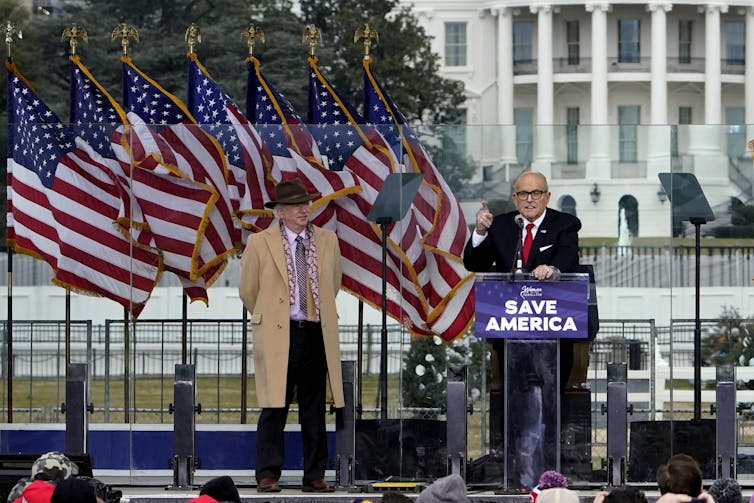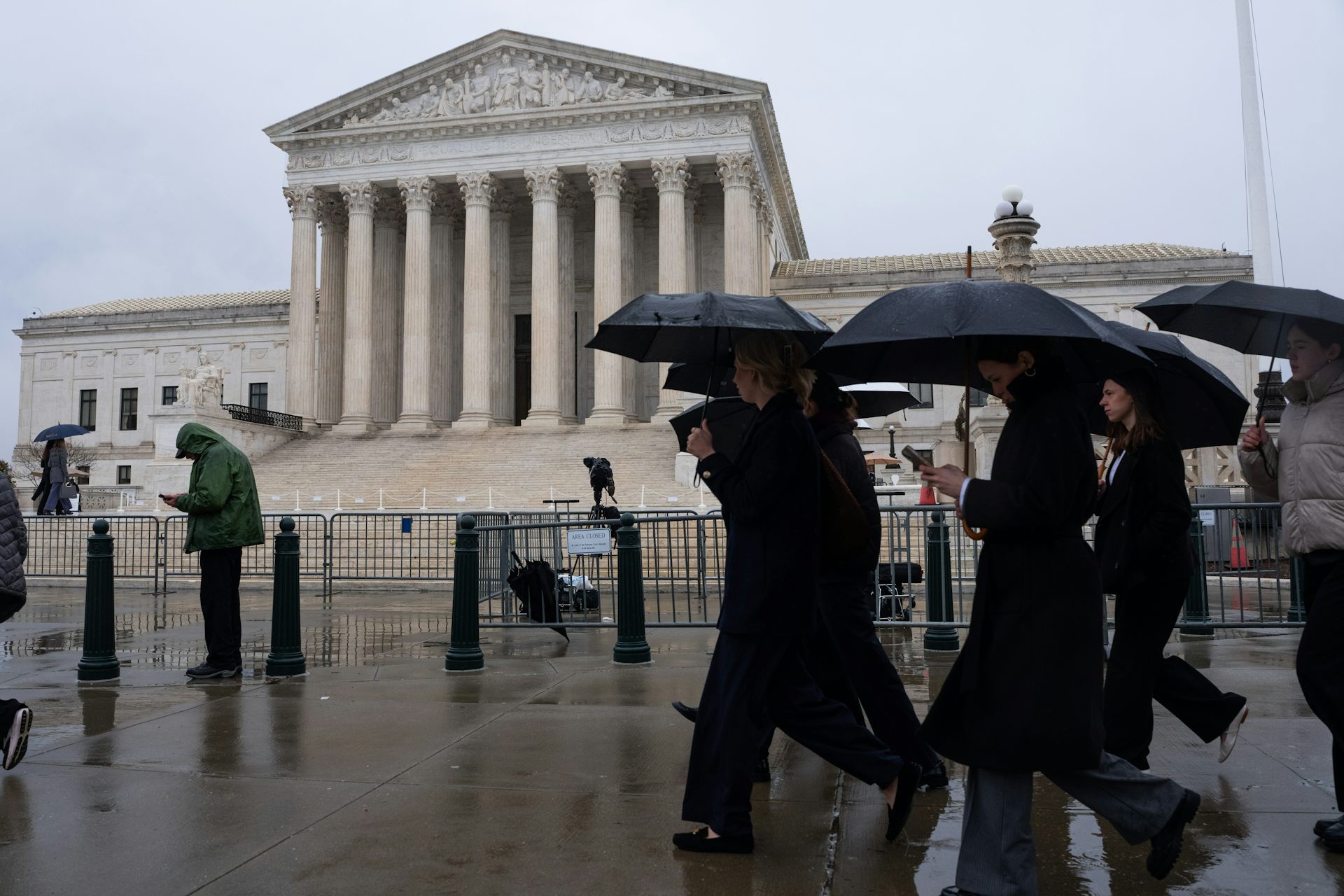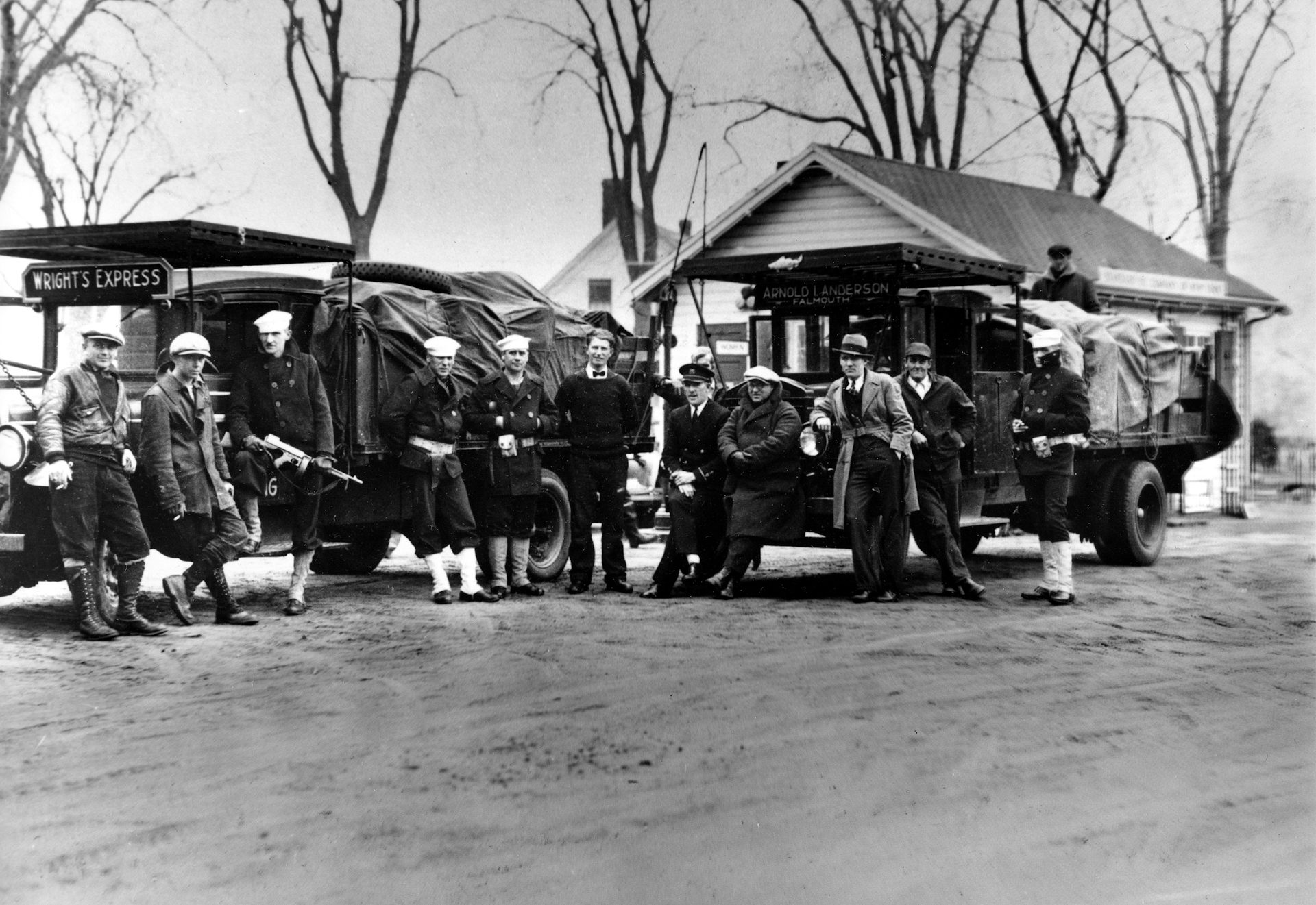When federal courts fail to punish lawyers for potential misconduct, states can step in
A federal court stopped contempt proceedings against Trump administration lawyers, but they may still have to respond to charges in states where they are licensed to practice law.

In early August 2025, a federal appeals court in the District of Columbia stopped efforts by federal trial judge James Boasberg to consider whether to hold Trump administration lawyers in contempt of court.
In April, Boasberg had concluded there was probable cause to hold government lawyers in contempt for defying orders he had issued related to the deportation of migrants to a prison in El Salvador.
The appellate court’s ruling found that such contempt proceedings could not go forward on various technical grounds.
As someone who teaches and writes on legal ethics, I believe the questions surrounding whether administration lawyers violated Boasberg’s rulings still can be answered thanks to state bodies that license lawyers to practice law.
State discipline
Boasberg has previously indicated that he might refer lawyers who have defied his orders to state authorities.
This is an option because the U.S. legal profession is largely licensed and regulated at the state level and, in the case of Washington, D.C., by the local D.C. courts. It’s in proceedings before disciplinary bodies – such as California’s State Bar Court, New York State’s attorney grievance committees and the Board on Professional Responsiblity in D.C., for example – where lawyers have to answer for charges that they have violated their professional code of ethics. That includes lawyers in the federal government.
Egregious violations of professional obligations, such as fabricating or destroying evidence or lying to a court, can result in a lawyer being suspended from practice and even disbarred completely.
These systems are a critical component of the checks on the U.S. legal system. It ensures that lawyers uphold their professional obligations as they pursue their clients’ rights.
The U.S. legal system is adversarial in nature. That means lawyers engage in zealous advocacy when they strive to advance the interests of their clients. Lawyers then resolve their disputes within that adversarial system, but even the advocates in that system have to follow its rules of engagement.
A central tenet of that system is that lawyers may not act unethically by abusing their knowledge of the system to illegally advance their clients’ interests – and their own.
This type of abuse of the system occurred when lawyers tried to overturn the results of the 2020 U.S. presidential election, filing dozens of unsuccessful cases to seek to change the election’s outcome. And they made spurious legal arguments in an attempt to halt Congress’ certification of the final vote in the Electoral College.
Some of the lawyers who took part in those efforts have been punished and disbarred for their actions, including former New York City Mayor Rudy Giuliani, who lost his license to practice law in New York and Washington, D.C.
Recently, lesser-known lawyers such as John Eastman and Jeffrey Clark, both involved in the effort to prevent the transfer of presidential power after Trump lost his reelection bid, have also faced disciplinary charges. While these processes have not yet completely run their course, state bodies have recommended that each should lose his license to practice law.

Disciplinary bodies and the rule of law
The state bodies that govern the practice of law, and which license lawyers who practice even in the federal courts and the federal government, serve as a critical check on unprofessional conduct by lawyers.
State proceedings are no panacea, however. They can take time. That’s evident in the cases against Eastman and Clark, which are still working their way through the systems in the District of Columbia, in the case of Clark, and California, in Eastman’s case, for events that happened in late 2020 and early 2021.
And there is always the risk that adversaries can start an escalating war of tit for tat, regardless of whether such complaints have merit.
The Trump administration targeted private law firms for punishment through a series of executive orders that, for example, sought to revoke the firms’ security clearances and bar their lawyers from entering federal buildings. Although all the private law firms that challenged the executive orders issued against them have succeeded in blocking them, the Trump administration has also recently filed ethics charges against at least one of the lawyers involved in a lawsuit against it.
The Trump administration has also instituted a complaint against Boasberg with a federal body that oversees judicial ethics. And just the threat of a complaint, even a baseless one, can certainly have a chilling effect on administration critics, making them less likely to take action in the future.
Sociologist Eliot Freidson notes that one of the hallmarks of a profession is that its members care more about the opinion of their peers than the opinion of the general public. Because professionals should always care about their professional reputation, they should fear taking actions on behalf of a client – no matter who that client is – that exceed the rules that govern the profession. That includes defying court orders, lying on behalf of a client, or making baseless legal arguments.

If professional reputation alone is not enough to prevent such misconduct, the specter of losing the ability to practice, or even the fear of coming before an ethics body, might cause enough lawyers to think twice before they engage in acts that exceed the bounds of permissible, zealous advocacy.
While courts are sometimes where lawyers are sanctioned for improper conduct, including for contempt of court, they are not the only site where attorneys can face discipline for unprofessional conduct.
State ethics bodies have a critical role to play in preserving the rule of law, at least with respect to the conduct of lawyers they oversee.
And if Boasberg, any other judge, or a litigant wants to make referrals to such state institutions when lawyers seek to abuse the system, those bodies certainly have an important role to play in ensuring the legal profession maintains high standards of professionalism and the proper functioning of that system in a manner that comports with the rule of law.
Ray Brescia does not work for, consult, own shares in or receive funding from any company or organization that would benefit from this article, and has disclosed no relevant affiliations beyond their academic appointment.
Read These Next
As war in Ukraine enters a 5th year, will the ‘Putin consensus’ among Russians hold?
Polling in Russia suggests strong support for President Vladimir Putin. Yet below the surface, popular…
Supreme Court rules against Trump’s emergency tariffs – but leaves key questions unanswered
The ruling strikes down most of the Trump administration’s current tariffs, with more limited options…
After a 32-hour shift in Pittsburgh, I realized EMTs should be napping on the job
A paramedic and university professor shares data about how strategic napping could help his own health…






